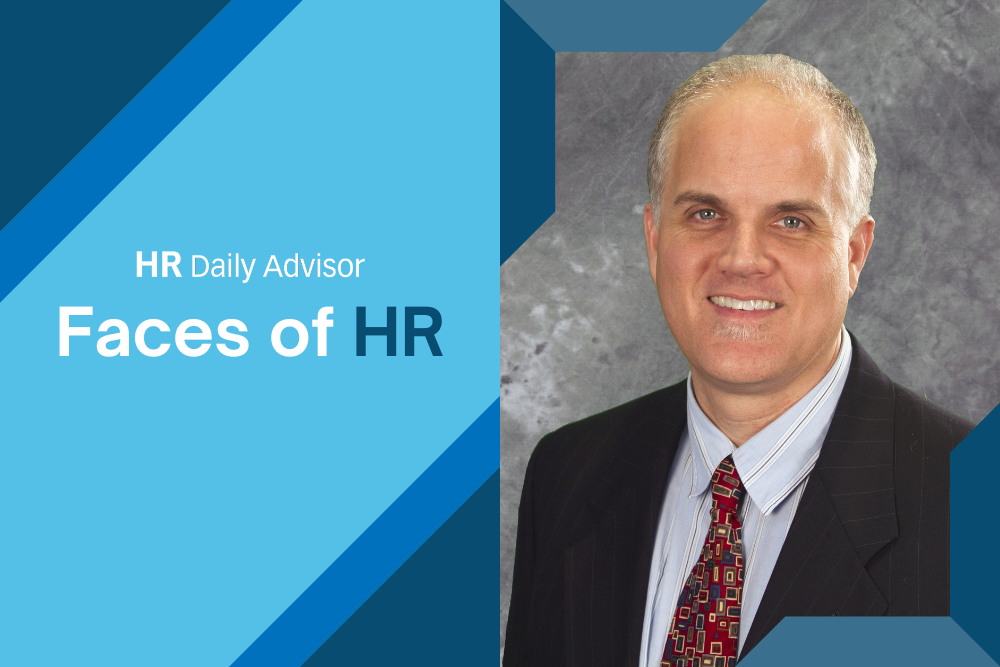Stephen Pearson isn’t just an HR Manager at Matern Professional Engineering; he’s an architect of talent. With over two decades of experience in the technical and engineering sectors, Pearson has spent more than a decade at Matern cultivating a renowned culture of collaboration across multiple sites.
He’s the force behind their highly effective Lunch & Learn programs, designed to continuously elevate the workforce, and he’s transformed their summer internship program into an immersive, real-world engineering experience. This summer, thanks to his leadership, Matern Professional Engineering is set to host its largest internship cohort yet.
Pearson brings a robust HR generalist background spanning both private and public sectors, with deep expertise in everything from corporate policy and recruitment to employee relations, legal compliance, benefits, compensation, and performance coaching.
From MBA to MHRM: A Passion Discovered
So, how does one become an HR leader with such a specialized focus? For Pearson, it was an unexpected turn. “I was almost done with my MBA at the University of North Florida when I started taking HR classes,” he recounts. “I was so interested in the coursework and the professors that I decided to get a second degree in the Master of Human Resource Management (MHRM) program.” This pivotal decision led to him graduating with dual master’s degrees after three years. “I got my first job in HR and haven’t looked back,” he says.
Pearson’s career has consistently centered on HR Generalist roles within the dynamic technical and engineering industries, a testament to his enduring passion for the field.
In our latest Faces, meet Stephen Pearson.
What’s your best mistake and what did you learn from it?
My worst mistake was early in my career. I made a major benefits enrollment error, and I can laugh about it now and luckily was able to fix it. As a one-person show, I only had myself to rely on (and blame). So, I set up a data self-check process that I still use today. It’s extra work, but it has suited me well for 25 years.
What’s your favorite part about working in the industry? What’s your least favorite part, and how would you change it?
My favorite part of what I do is bringing people into the firm who can grow and flourish. Unfortunately, it doesn’t always work that way—which can lead to my least favorite: exiting staff from the company. Sometimes, even coaching and monitoring goals/performance cannot turn things around. If only there was a magic wand so we could see every new hire six months or a year from now and how they would perform (and they could see us). We might not hire certain individuals, and they might not join us if we had this ability. For lack of that magic, firms hire based on their best judgment at the time.
It sounds like, through your experience, you really care about people, and you want to help them feel safe and comfortable, which is important in the industry. Please elaborate here.
One thing I have definitely learned is that we all are companies made of people. People have different personalities and backgrounds. It helps to always “know your audience.” Sometimes, you need to say the same thing in various ways so that it gets appropriately processed by different people. I would also tell young employees joining any firm that feeling a tiny bit uncomfortable is a form of self-growth, and you will have to learn to deal with this throughout your life and career.
Where do you see the industry heading in five years? Or are you seeing any current trends?
The jury may still be out on how artificial intelligence (AI) may turn things over on its head. Automation has always affected the administrative side of a company. If mergers and conglomerations continue, outsourcing will also continue. But at some point, having an entire HR function done remotely will lose the subtleties that only being onsite daily, such as speaking and listening to employees and managers, can bring to light.
What are you most proud of?
My combination of education, certifications, and experience in the technical/engineering field is unique, and I am proud to contribute this to the company.
Do you have any advice for people entering the profession?
I recommend starting in a generalist role first. You will learn at least some of everything, and then you can specialize later if the opportunity presents itself. You can’t always do that in reverse. If you realize that specialty isn’t for you, you can fall back on your generalist training. Try to avoid job jumping as, at some point, it will create limitations for your career.





